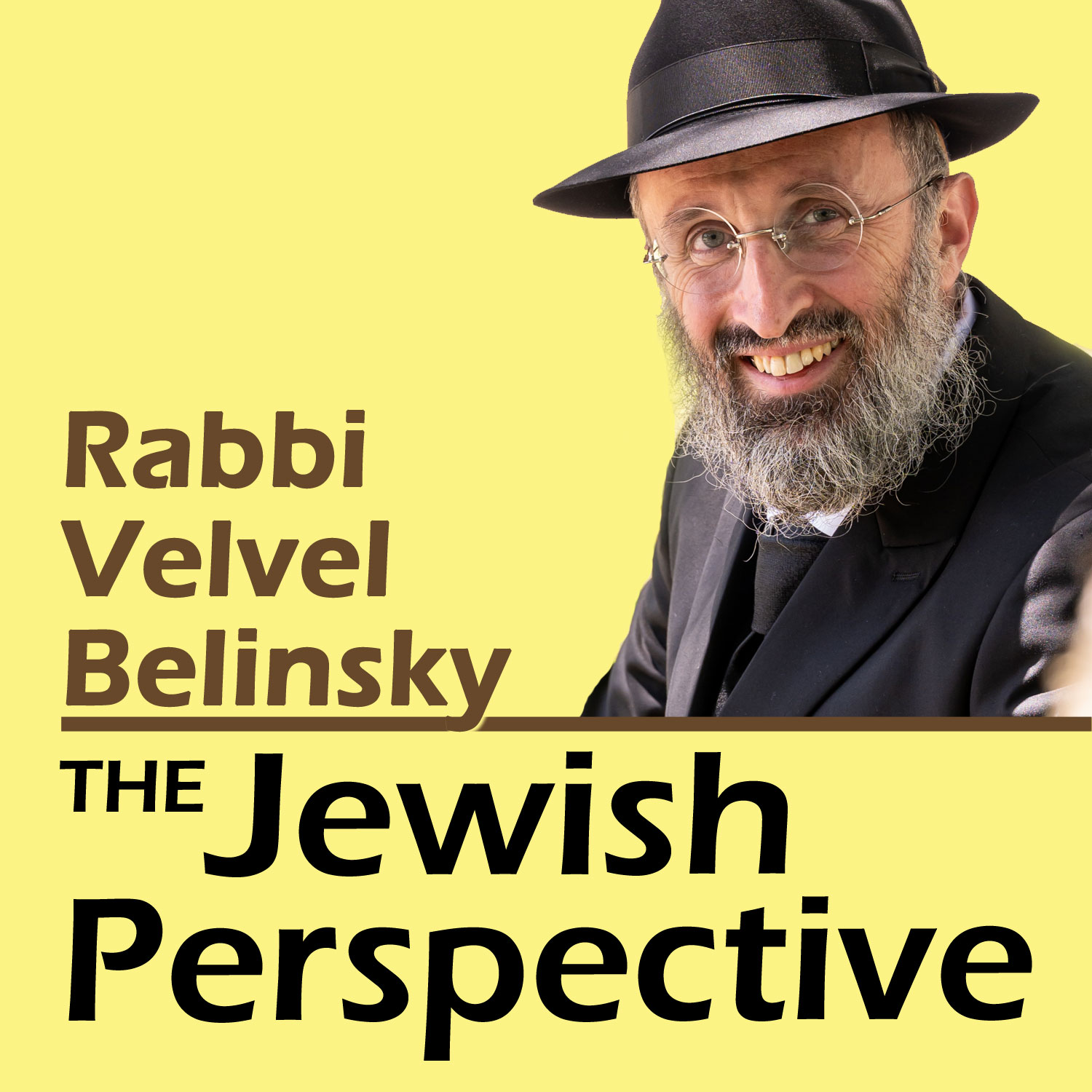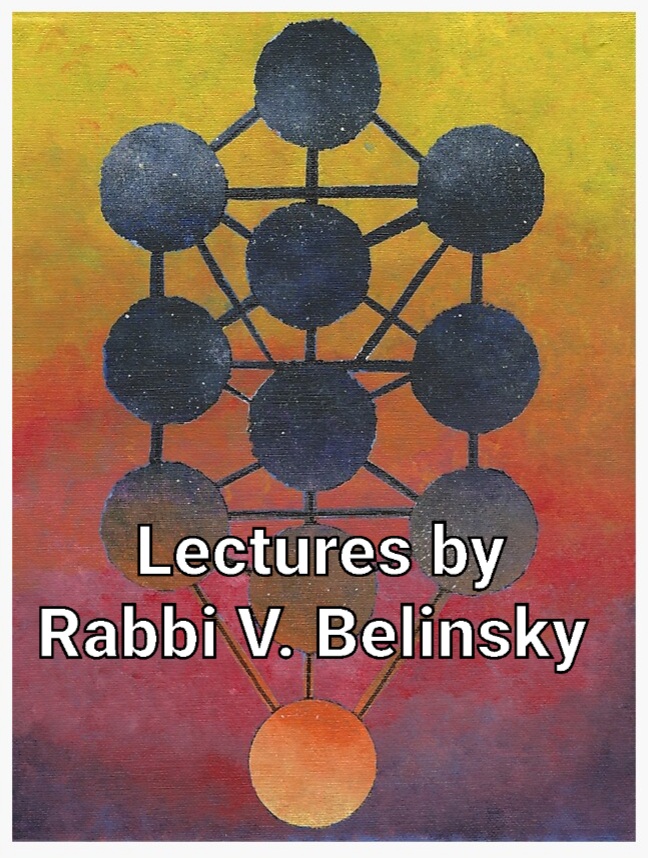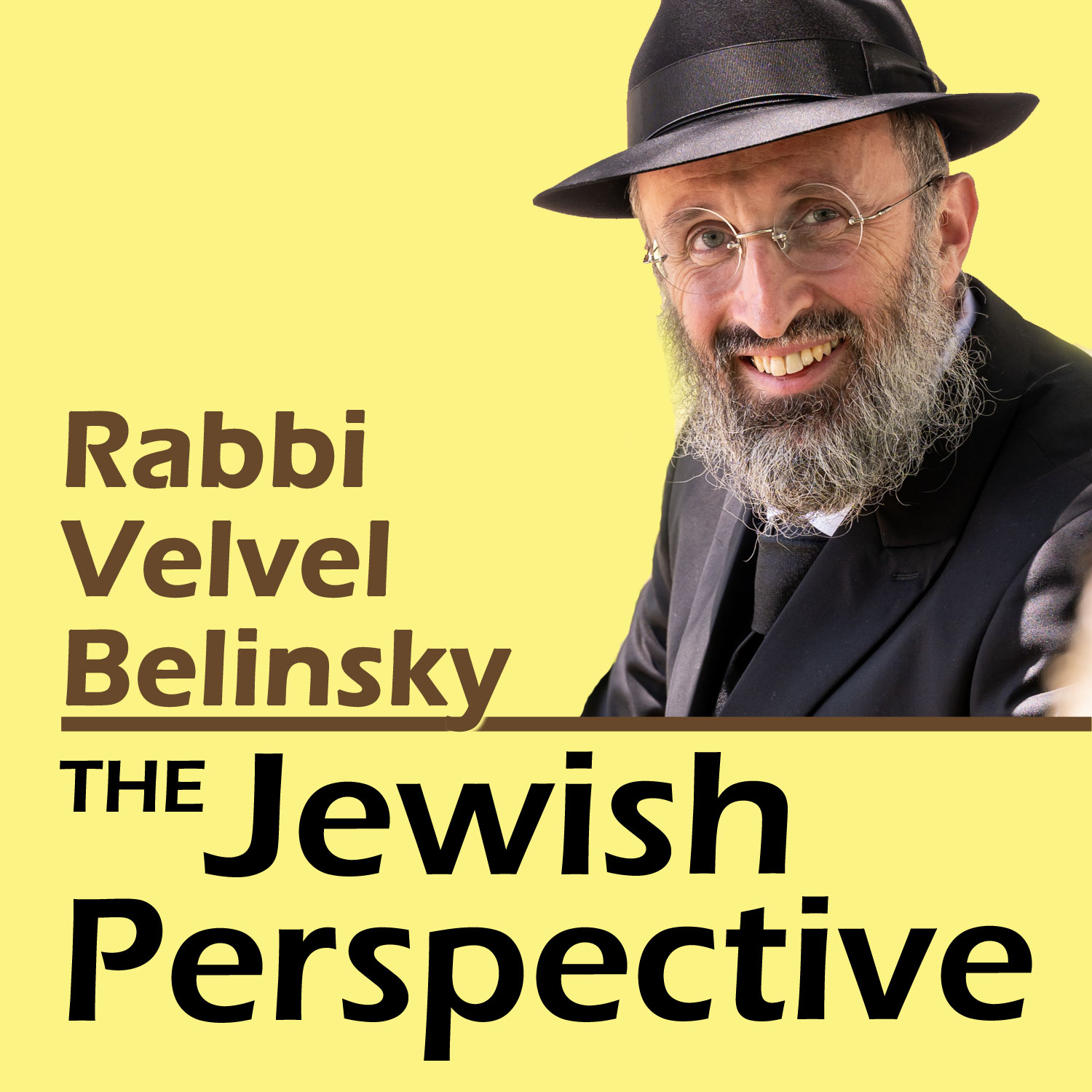Episode Transcript
[00:00:00] In Haggadah that we read on Passover during the Seder, we have a very popular part, the song of Dayenu Day, and we all sing it very joyously. But if you read the translation of it, it might be a little bit puzzling. It starts off with a very good notion that God performed so many miracles for us, and even if he would have done only one or two of them, it would still be enough for us.
[00:00:30] Means enough in Russian, dai means give me. In Hebrew, dai means enough. It's the opposite. Don't give me. See, Hebrew and Russian are two opposite languages.
[00:00:41] So we read about all of the miracles that God did for us and we said, if he would have done only just this miracle, it would be enough for us and not any other miracles. One of the passages that we read says if God would have brought us to Mount Sinai and would have not given us the Torah, it would be enough for us. One second doesn't make any sense. We say that the whole purpose of leaving Egypt was to receive the Torah at Mount Sinai. We say that the Torah is what is shaping our Jewish religion. We know that the Torah is what is shaping us as a Jewish nation. Our whole culture, our whole ideology, our whole life is revolving around the Torah. Now we are saying that it would be enough for us if God would have not given us a Torah. Makes no sense.
[00:01:25] So we have to understand what it means that God would have not given us the Torah. So here is a very strange story from the Talmud. Are you ready? This is the story. There was an argument among the rabbis of the Talmudic Academy. The rabbis who later became authors of Talmud were sitting and debating all the Jewish laws. And they had one particular question about an oven. Whether or not this oven is susceptible to spiritual impurity. It's a very difficult, very specific, very narrow question in Jewish law. And there was one rabbi, Rabbi Lazer, who was maintaining one way and all other rabbis were maintaining the other way. So he would disagree. So Rabbizer said, you know what? If I'm right, then you see this tree outside. This tree is going to prove me right. And the tree uprooted itself and moved 150 feet. Then all the rabbis said, we cannot decide Jewish laws based on trees that move. He said, if I'm right, let the stream prove. And the stream which was outside of their building started flowing backwards. The rabbis still said, we are not impressed. That's not a proof for us. Then he said, if I'm right, then let these walls prove. And walls started caving. Rabbi Yeshua who was one of the opposing rabbis, screamed at the walls, the rabbis are deciding here the Jewish law, why are you walls interfering? And the walls stopped. And it says that the walls did not keep falling out of respect to Rabbi Yeshua. And they did not stand back up straight out of respect for Rabbizer. They just stood there. So then Rabbizar, who was still arguing his point, lonely, like a lone soldier, he says, if I'm right, let the heavens prove it. And heavenly voice came down and heavenly voice said, anytime, whenever Rabbi Eliezer is voicing his opinion, the law is going with his opinion. So why are you arguing here with him? Asked a heavenly voice. And the rabbi said, you know what, it's very impressive that heavenly voice is backing you. But we are still not convinced because the Torah says that we have to adjudicate the law according to the majority of opinions. The majority opinions is not with you, rabbiazar. So hold on a second.
[00:03:51] Then later on, Rabbi Nathan, who was one of the rabbis of Talmud as well, was walking along some abandoned path and he met Elijah the prophet Eliyahu Hanavi, who we by the way will be welcoming on Passover night as well. And he reminded himself of this very, very strange debate in the Talmudic academy that he was present at. And he asked the by the way, could you please tell me what did God say at the moment when Jews were refusing to go along with Rabbi Eliezer and said that we are adjudicating law according to majority and therefore even the heavenly voice is not approved for us. Elijah, the prophet Eliyahu Navi said, God smiled and said, jews, my children, you have prevailed over me. Now what does it mean? It means the following. The Torah was given to us not just as a book that we need to read, learn by heart, and blind to follow. The Torah is given to us as a book that we need to understand.
[00:04:55] And then there are laws in the Torah that we need to adjudicate based on our understanding in accordance with the rules, how information is extrapolated from the Torah. God gave us the basis. God gave us the rules how to extract the information from there that he wants us to extract. And God said, now it's yours, you do it, you do the job. And whenever there is a debate, the majority rules.
[00:05:21] So these are the ground principles of the Torah. And even God himself, if he wants to intervene and have a heavenly voice coming down, does not change anything. So now we see what this phrase in Haggadah, if you would have not given us a Torah, it would be enough for us means when we are telling God. You see, God gave us the Torah. God made us in charge of understanding of the Torah. We have to logically comprehend it, analyze it, and the laws are based on our human understanding. God gave us the Torah. We said, God, if you would have not done it, if you would have given us Torah just as information that we need to learn by heart and then blindly follow it would be enough for us. But what did you God do? You gave us the Torah.
[00:06:08] You made it ours. It's ours now, and we have to study it and go according to our understanding based on what it says there. So the Torah is ours. At the end of every Amidah, when we read Amidah, Amidah said morning, midday and evening. When you come to shul, let's say Friday night or Shabbat day, you read Amida as well. At the very end, it says, thank you, God, for giving me my portion of the Torah. What does it mean, my portion of Torah? What makes some portion of Torah mine? That's exactly what we are talking about, what we just mentioned, that if I read something and I derive information from somewhere myself, I figure it out. The aha moment. That's what makes certain portion of the Torah mine.
[00:06:51] So we have to make as much of the Torah ours as possible personal. We have to understand it, we have to figure it out, and we have to argue it.


